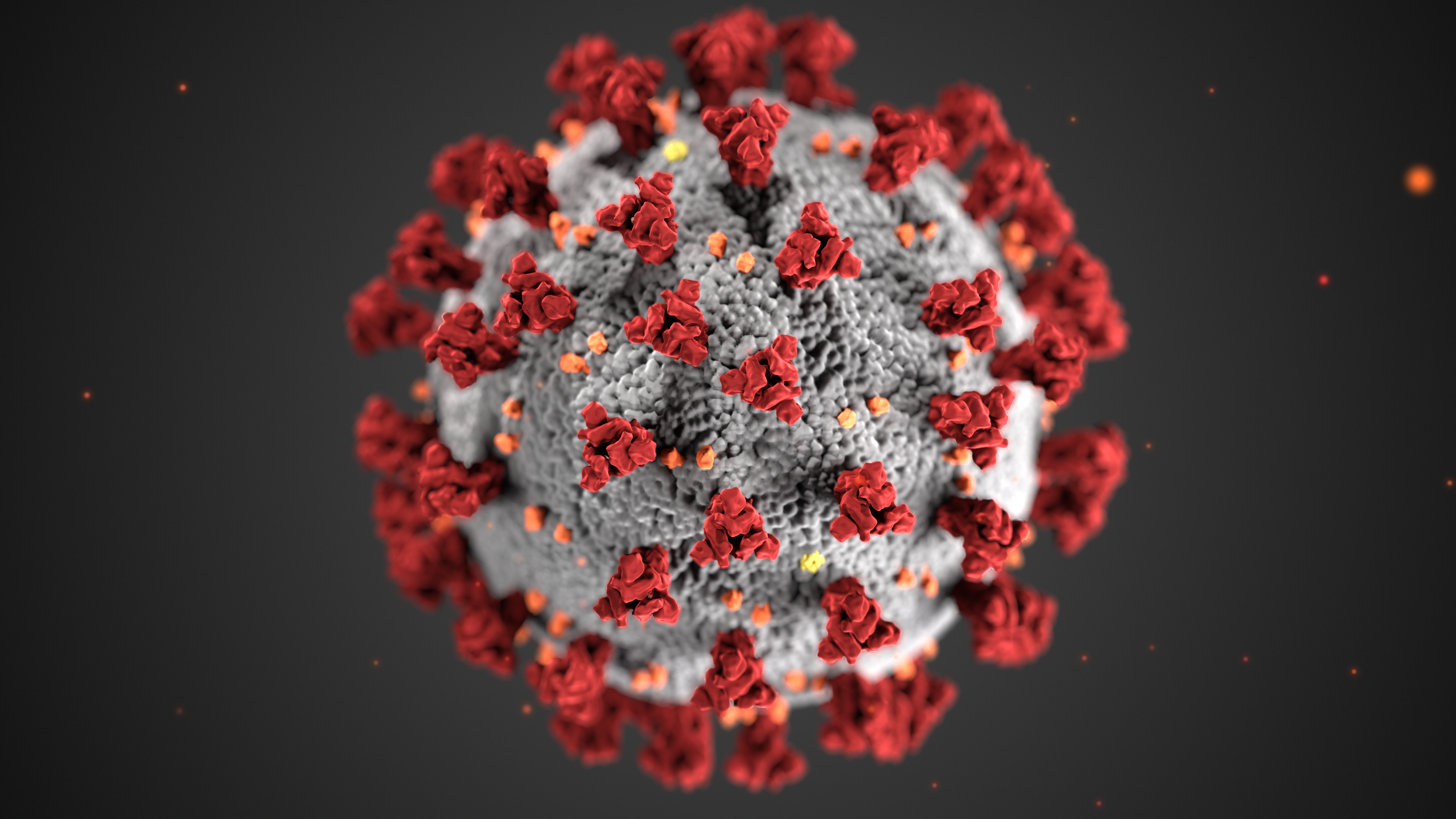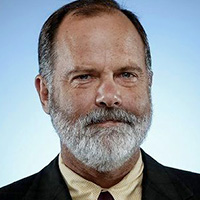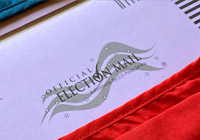WE BEGAN THIS ISSUE WITH A QUESTION: How have America’s cascading crises of 2020 changed the fundamentals of life in this country? We end this issue with some answers, none of them easy and not all cheery.
The short answer is that these crises — fighting off a pandemic, reeling from economic collapse, grappling with racism — have left many people less secure — in their health, their well-being and the assurance of their convictions. But these crises also have opened up possibilities to learn. Sometimes a little insecurity is what’s needed to move forward.
In some areas, the combination of the pandemic and Washington’s tragic response to it has produced misery. UCLA researchers immersed in Los Angeles’ foster care system have observed with alarm the vulnerability of children in this crisis, and have helped sound the alarm that a decline in reported abuse is not a sign of health, but rather a cause for worry, not of violence decreasing but of it going unnoticed. Meanwhile, the work of Professor Ananya Roy has illustrated the precariousness of housing in Los Angeles, and the virus and economic slowdown have only compounded that problem.
When it comes to crime and policing, the picture is more muddled. Jorja Leap and other UCLA researchers are working with the LAPD to develop thoughtful models of policing that protect, built on the Community Safety Partnership at two of the city’s housing projects. Other academics, at UCLA and elsewhere, are raising deep questions about whether American policing is beyond the reach of reform. But the unsettledness of this moment has given rise to big thinking. Not all of of it will result in change, but it’s good to think anew, and, if nothing else, many are doing just that.
And speaking of this moment, politics is now squarely upon the American people. As writers Molly Selvin and Bill Boyarsky document in their articles on the politics of now, this election has been different than any before it. Familiar themes abound — one side argues for safety, the other for stewardship and decency — but this campaign has tested time-honored assumptions of politics. The League of Women Voters once was beyond the fray; no more. Mail-in ballots and easing voting restrictions were presumed to be essential for democracy; not for everyone, it turns out, at least not in this cycle.
As the articles in this issue make clear, some of these problems are complicated and the solutions are counterintuitive. And yet, some are achingly simple. Faced with a virus, we need to wash our hands, keep apart from one another and wear masks. Confronted with economic ruin, we rely on the government to help those who need it most. And faced with political division over race and so many other aspects of our lives, we have the oldest of American remedies: We can vote. Please do.
— Jim Newton





















